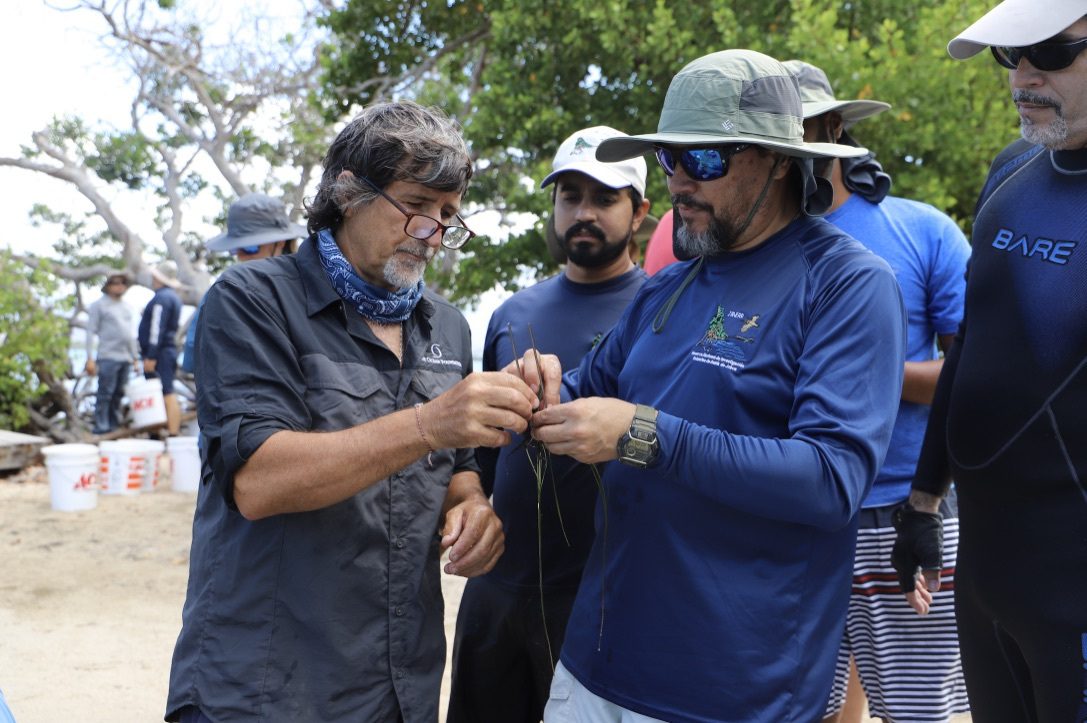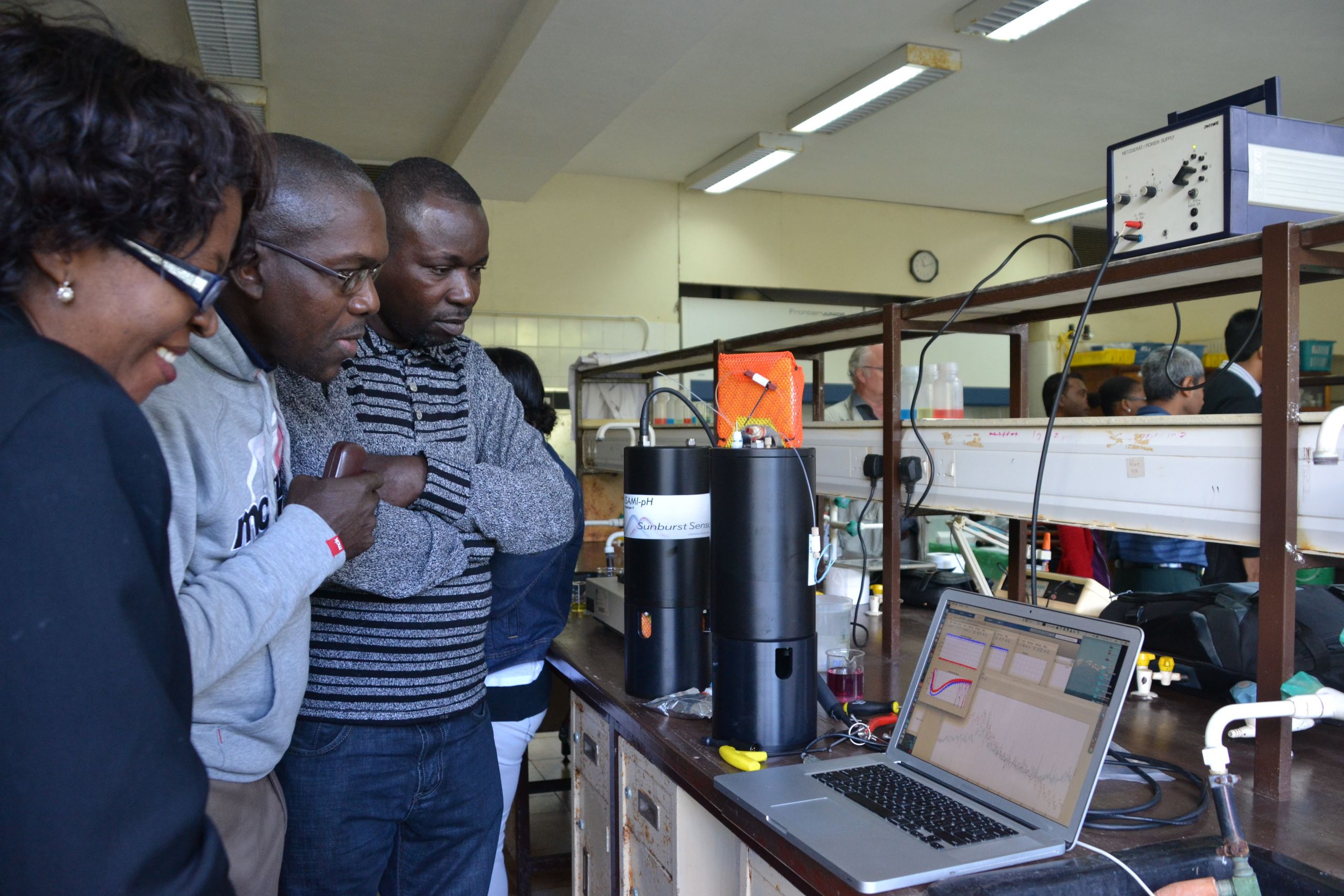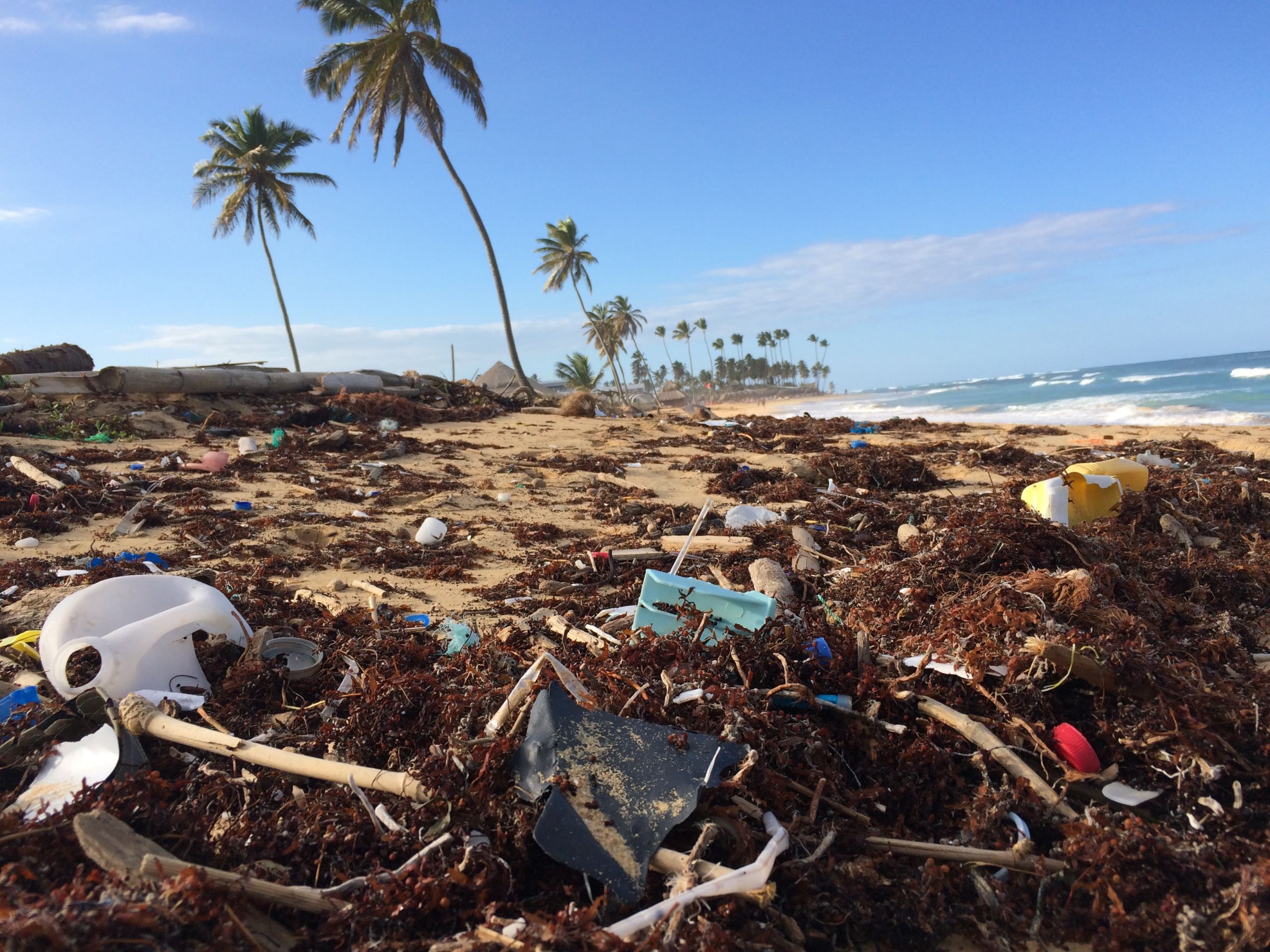


Yacht Carbon Offset is proud to partner with The Ocean Foundation (TOF) to help promote sustainability in the yachting community. The Ocean Foundation’s excellent initiatives are each designed to reverse environmental destruction of the ocean around the World. TOF’s projects span the globe and cover a range of issues and topics within four core areas: ocean literacy, protecting species, conserving habitats, and building the capacity of the marine conservation community. It’s projects are implemented under three umbrella initiatives: Blue Resilience Initiative: Ocean Acidification Initiative; Redesigning Plastics Initiative.
Detailed information on all these initiatives can be found on the TOF website: www.oceanfdn.org. You can also watch the charity’s 2024 State of the Ocean update online.
Yacht Carbon Offset invites you to support TOF’s fantastic work by making a financial contribution to one or more of these initiatives, over and beyond the cost of your carbon offset transaction. Yacht Carbon Offset will facilitate the contribution and pass it on to TOF in its entirety, without the extraction of any commission or fee. We recommend an amount based on 10% of your carbon offset transaction (€50 minimum), but any amount will help to make a difference. Your donation can be directed towards a specific TOF Initiative or left to TOF’s discretion.
You can discuss your TOF contribution when you place your carbon offset order, or alternatively contact us at: enquiries@yachtcarbonoffset.com .



The Blue Resilience Initiative (BRI): restoring, conserving, and financing natural coastal infrastructure
The BRI projects focus on the restoration and conservation of important coastal habitats, including seagrass meadows, mangrove forests, and salt marshes. These habitats sequest and store significant amounts of carbon from our atmosphere. Healthy coastal ecosystems act as effective natural wave barriers protecting communities all around the world. This is increasingly important considering the severe effects that climate change has on coastal communities. The devastation inflicted by strengthening storm events and routine flooding results in recurring and widespread loss of property and human lives, which has rippling effects through the economy and society.
Coastal habitats are being destroyed because of the expansion of man-made infrastructure and communities along coastlines. The BRI is dedicated to equipping key stakeholders with the skills required to reinstate natural coastal habitats.
TOF is currently leading a large-scale seagrass and mangrove restoration project at the Jobos Bay National Estuarine Research Reserve, Puerto Rico. It is also funding a mangrove restoration project in Fiji that focuses on the role mangroves play in mitigating ocean acidification.



Ocean Acidification Initiative (IOAI)
The IOAI projects focus on ocean acidification. Across the globe, seawater chemistry is changing faster than at any time in earth’s history. As increased carbon dioxide emissions dissolve into the ocean, its chemical makeup is becoming more acidic. On average, seawater is 30% more acidic than it was 200 years ago. While this change in chemistry may be invisible, its effects are not.
Since 2003, the IOAI has fostered innovation and developed strategic partnerships to help scientists, policymakers, and communities around the world monitor, understand and respond to ocean acidification, both locally and on a global scale. Together with its partners, TOF has designed a suite of equipment that cuts the cost of monitoring ocean chemistry by 90%.
It is also developing new low-cost and fit-for-purpose tools for monitoring and responding to ocean acidification.



Redesigning Plastics Initiative (RPI)
Plastics are now found in snow fall in the far-reaching Polar regions, along every stretch of global coastline, in agriculture soils, and throughout the water column in our ocean. Microplastic has been found in seabirds, fish, shellfish and even in corals and other animals. It fills stomachs and body cavities causing starvation that can be fatal. Some waste plastics become a source of entanglement or choking causing injury and death.
RPI plans to work with policymakers, scientists and industries to re-engineer, re-design and re-think plastics.
- RE-ENGINEER the chemistry of plastic to reduce complexity and toxicity–making plastic simpler and safer to use
- RE-DESIGN plastic products to reduce customization–making plastic more standardized and simpler to recycle
- RE-THINK what we make from plastic by choosing to limit plastic production

